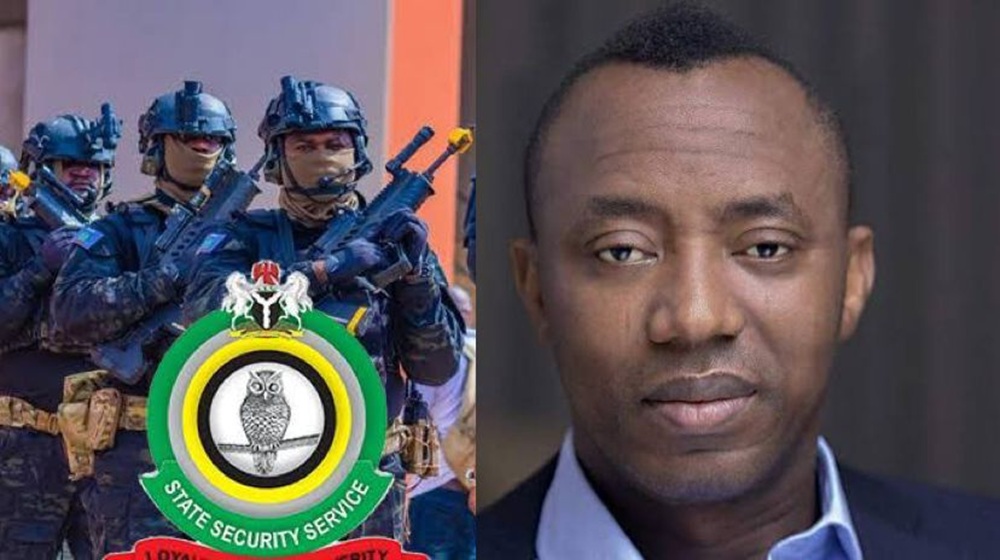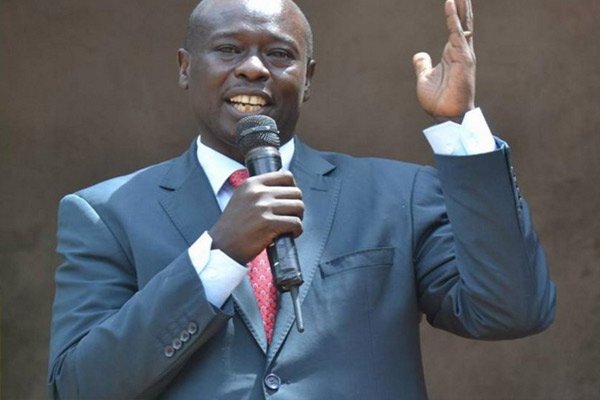Côte d'Ivoire Presidential Race Ignites Amid Escalating Tensions

The presidential election campaign in Cote d'Ivoire officially commenced on Friday, initiating a crucial two-week period for the five approved candidates to engage with voters before the October 25 polls. This election sees incumbent Alassane Ouattara, who has been in power since 2011, facing a diverse field of challengers including former ministers Jean-Louis Billon, Ahoua Don Mello, and Henriette Lagou, alongside former first lady Simone Ehivet Gbagbo. The political landscape is marked by intense campaigning and underlying tensions, as candidates strive to articulate their visions for the nation.
Among the contenders, Jean-Louis Billon, a notable dissident from Tidjane Thiam's Democratic Party of Côte d'Ivoire (PDCI), launched his campaign with a parade in the Abidjan district of Koumassi, followed by a rally in Marcory, another key area of the economic capital. A significant hurdle for Billon is the task of retaining support from PDCI members, especially after the Constitutional Council rejected the candidacy of the party's president, Tidjane Thiam. His campaign team acknowledges this internal challenge but remains optimistic about securing backing through discreet negotiations.
Ahoua Don Mello, previously associated with Gbagbo's African Peoples' Party - Côte d'Ivoire (PPA-CI), is now running as an independent, without official party endorsement. His campaign strategy centers on advocating for national economic sovereignty, a platform he intends to present across both major cities and smaller villages. His initial itinerary includes a meeting in Cocody before moving to Bouaké in the country's central region. Meanwhile, former First Lady Simone Ehivet Gbagbo is focusing her efforts in Bouaflé, central Côte d'Ivoire, where she plans to engage with cocoa producers. A key promise of her campaign is to enhance economic value by promoting the local processing of agricultural products.
Henriette Lagou, a presidential candidate in 2015, is also campaigning in the central part of the country. She is scheduled to hold a rally on October 13 in Daoukro, a known stronghold for the PDCI. Her campaign is anchored by the dual objectives of "peace and social cohesion," resonating with the current political climate. The incumbent, Alassane Ouattara, will hold a significant rally on October 11 in Daloa, located in the central-western region, as part of his re-election bid.
Voter mobilization presents a considerable challenge for all candidates, including the ruling Rally of Houphouëtists for Democracy and Peace (RHDP). Ibrahim Cissé Bacongo, the RHDP executive secretary, underscored the party's ambition for a decisive victory for Alassane Ouattara, stating that a mere 50 percent score would be deemed a failure and setting an aspirational target of at least 75 percent. This emphasis highlights the high stakes and competitive nature of the election.
The campaign unfolds amidst a particularly tense political backdrop. The Constitutional Council's rejection of the candidacies of Tidjane Thiam and Laurent Gbagbo in early September has ignited calls for demonstrations from their respective parties. The Common Front, an alliance formed by Thiam's and Gbagbo's parties, initially planned a march in central Cocody to demand "dialogue for inclusive, transparent and democratic elections." However, organizers have since reframed it as a "march for peace and freedoms," reflecting a broader appeal for stability and civil liberties.
These rejections and subsequent calls for protest have led to significant unrest. At least 30 activists from the PDCI and PPA-CI have been charged with "public order offences" and placed in pre-trial detention. Uncertainty looms over whether the planned march will proceed, as authorities previously banned a similar gathering the prior Saturday, citing "risks of public disorder." This volatile situation adds a layer of complexity to an already critical electoral process in Cote d'Ivoire.
You may also like...
Maguire Snubs Saudi Riches, Poised for Major Man Utd Role & New Deal

Harry Maguire is reportedly prepared to turn down a staggering £500,000-a-week deal from Saudi Arabian clubs in favor of...
Taylor Swift Endorses Thriller Series, Amasses 25 Million Viewers and Dominates Streaming
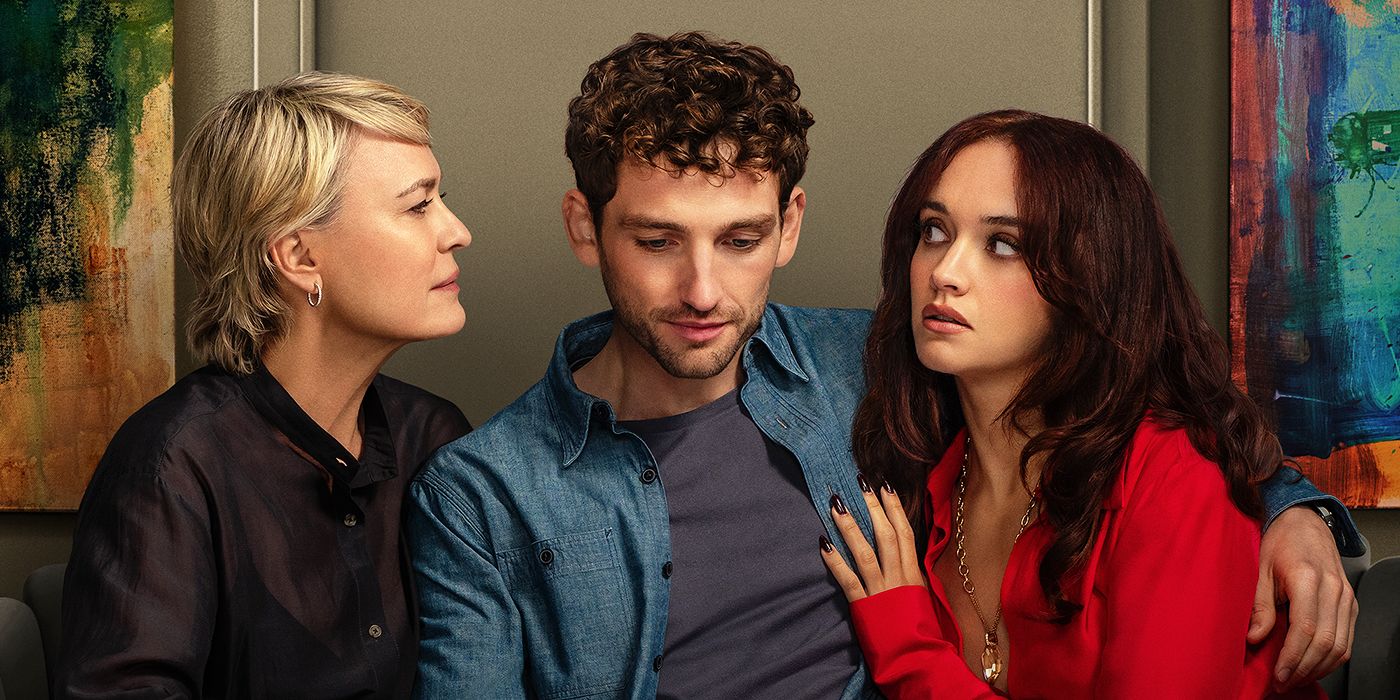
Taylor Swift has revealed her love for "The Girlfriend," a gripping Prime Video series that explores the toxic dynamic b...
Hollywood Mourns Legend: Oscar Winner Diane Keaton Dies at 79, Tributes Flood In
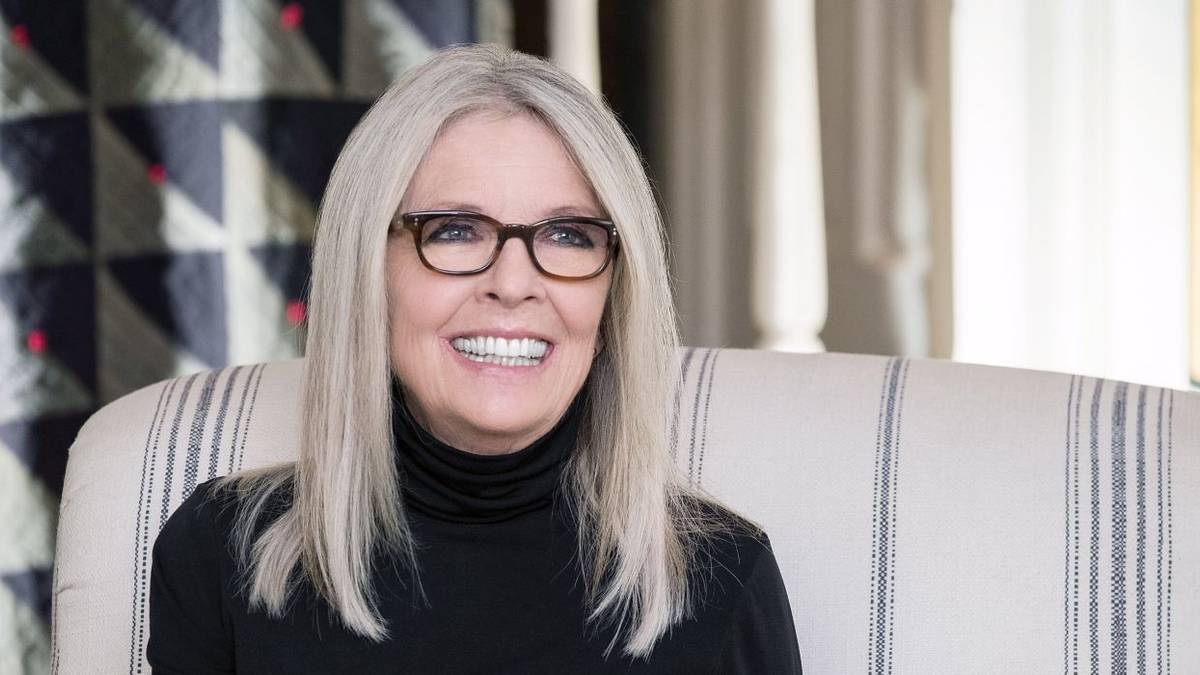
Hollywood is mourning the loss of Oscar-winning actress Diane Keaton, who has passed away at 79. Renowned for iconic rol...
Hollywood Icon Diane Keaton Dead at 79: A Storied Career and Private Struggles Remembered

Hollywood icon Diane Keaton has passed away at 79, leaving behind a celebrated career in films like 'The Godfather' and ...
Nigerian Entertainment Under Siege: Regulators Unite to SMASH Digital Piracy!
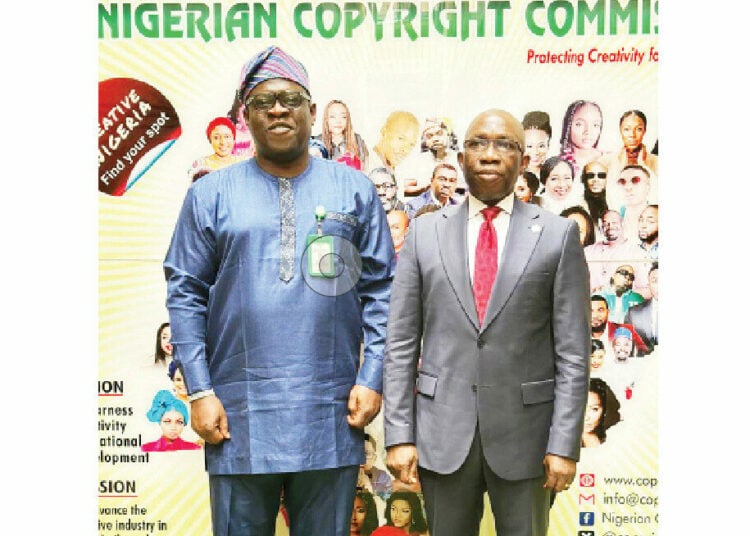
The National Film and Video Censors Board (NFVCB) and the Nigerian Copyright Commission (NCC) are strengthening their co...
Unlock Youthful Skin: Expert Reveals 4 Winter Skincare Mistakes Silently Ageing You

A skincare expert reveals common winter mistakes that accelerate skin aging and enhance wrinkles. From skipping SPF and ...
Côte d'Ivoire Presidential Race Ignites Amid Escalating Tensions

Cote d'Ivoire's presidential election campaign has officially begun, with five candidates vying for votes ahead of the O...
Multichoice's DSTV/GoTV Sparks Outcry with Imminent 2024 Price Hike

MultiChoice, DStv's parent company, is planning further "inflationary" price hikes across its African subsidiaries in 20...
